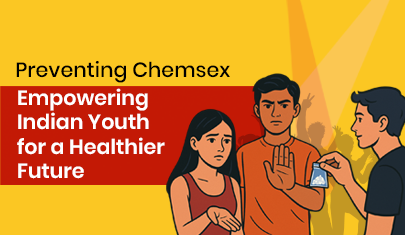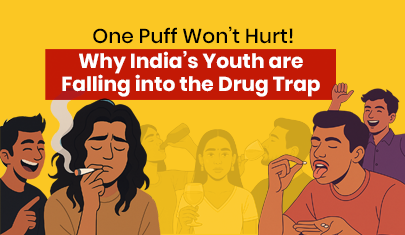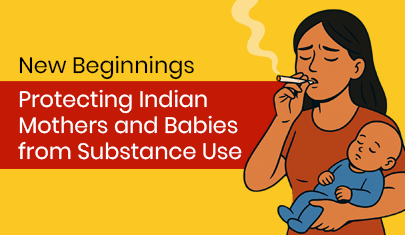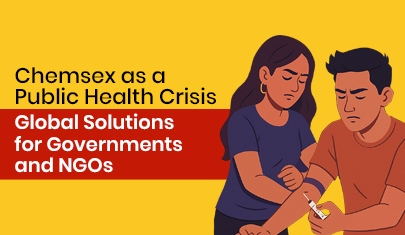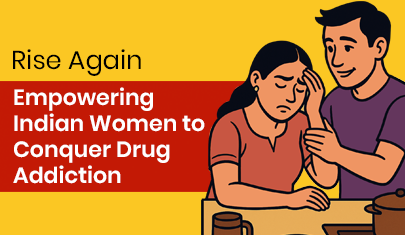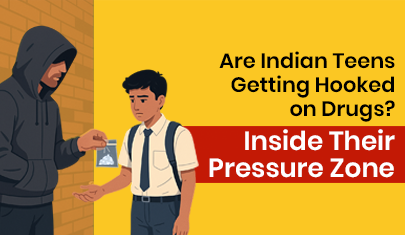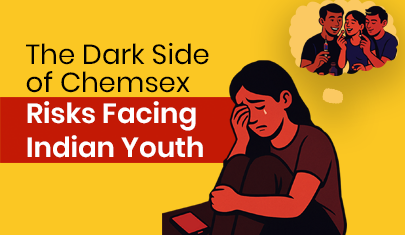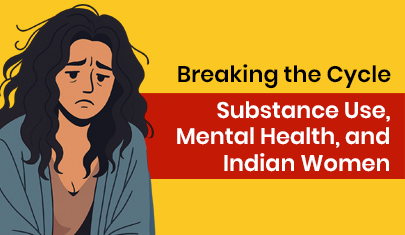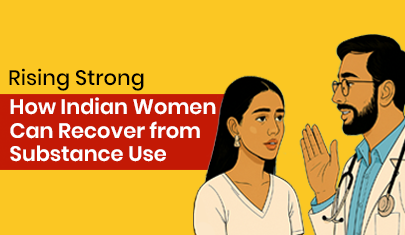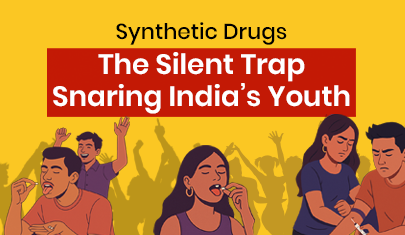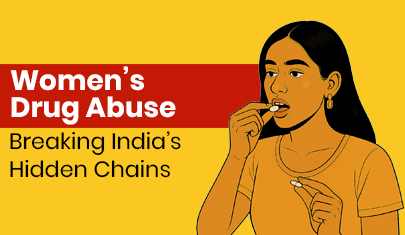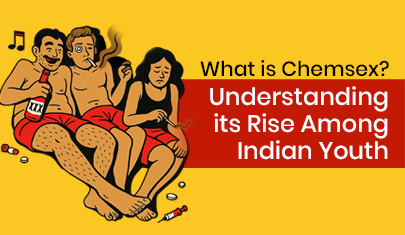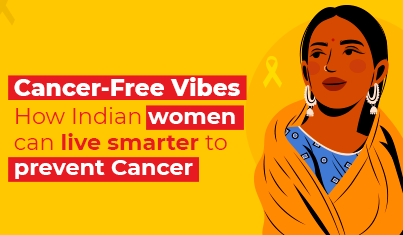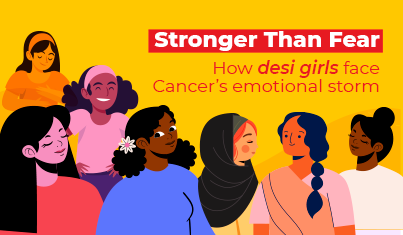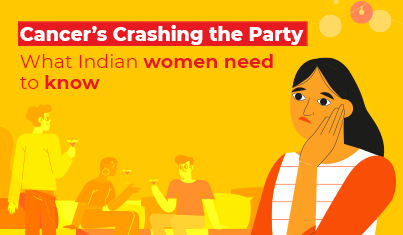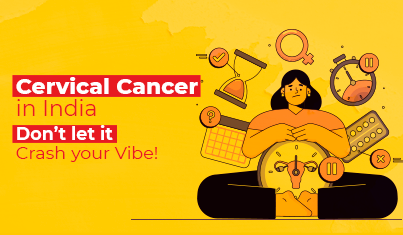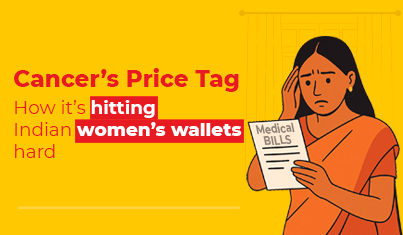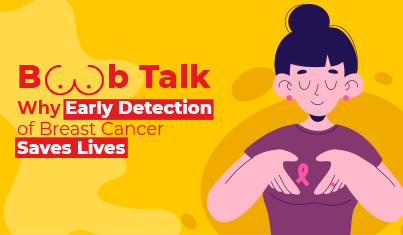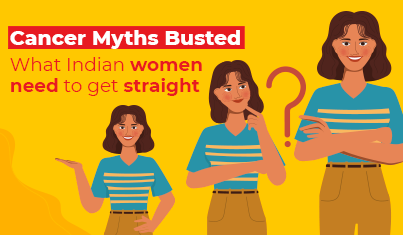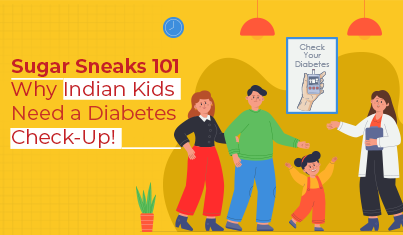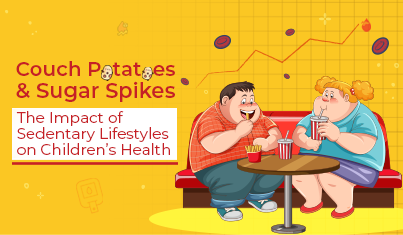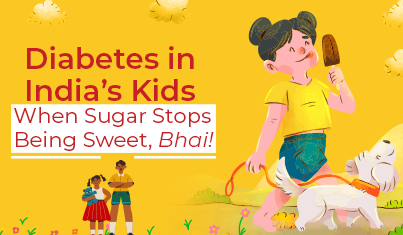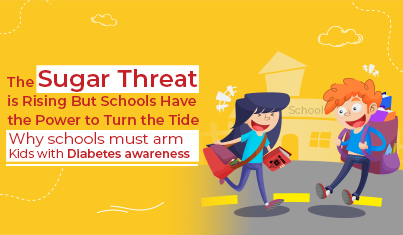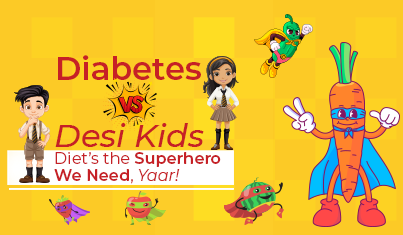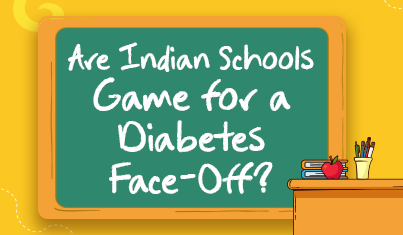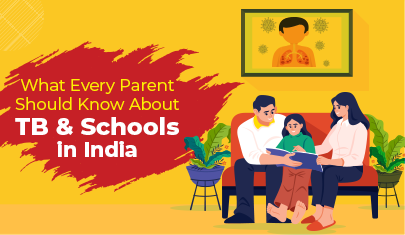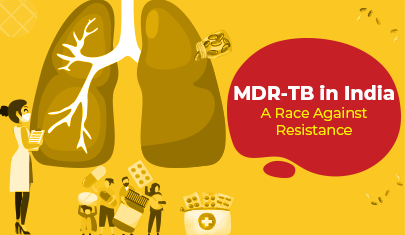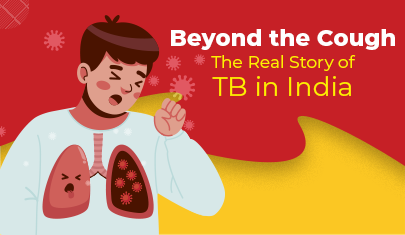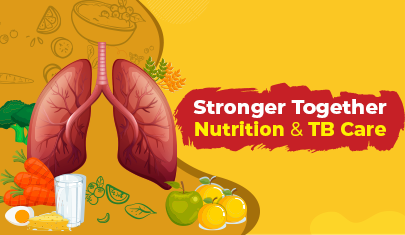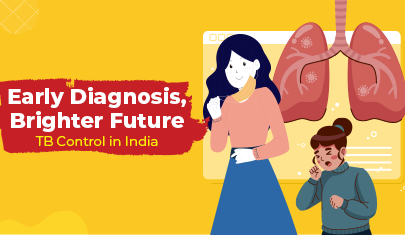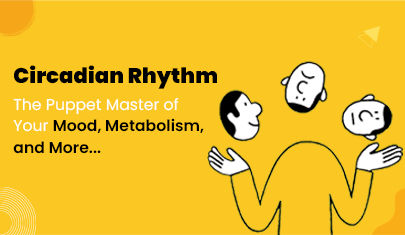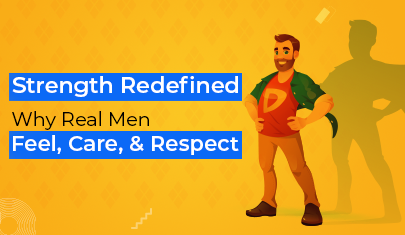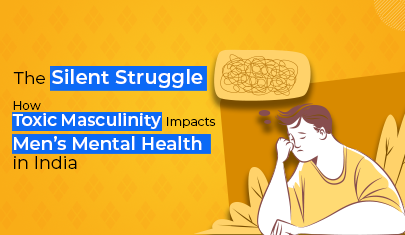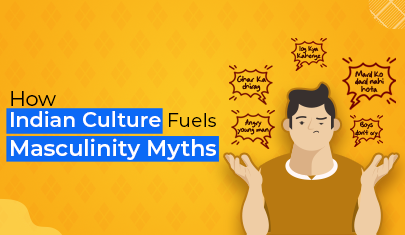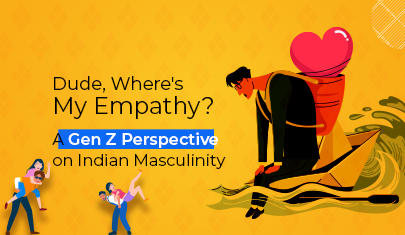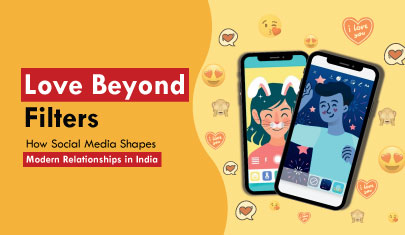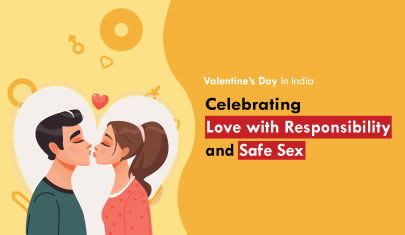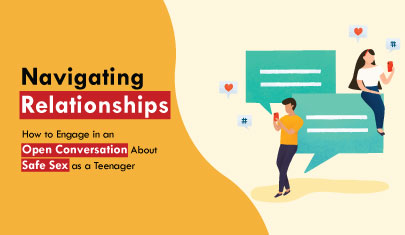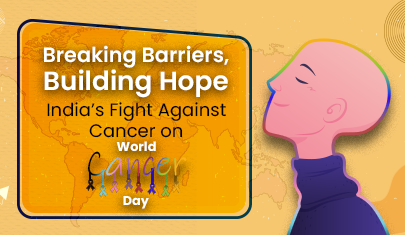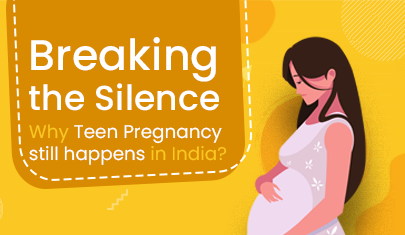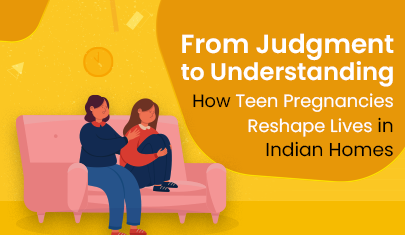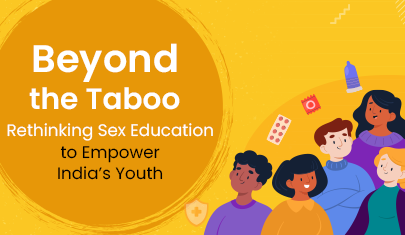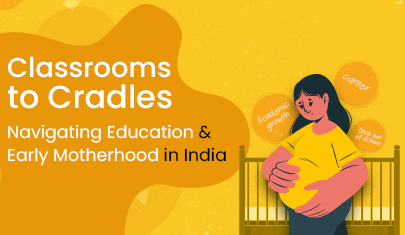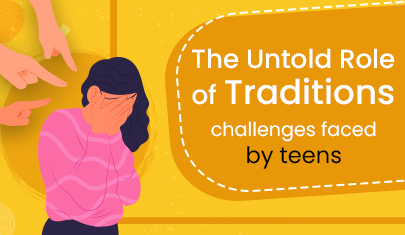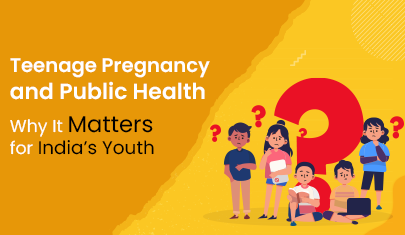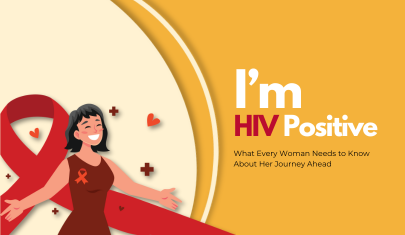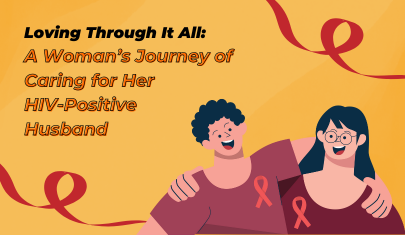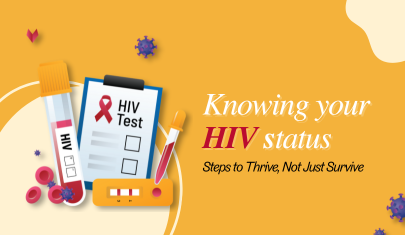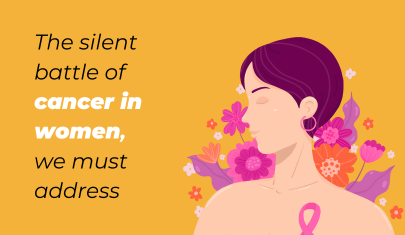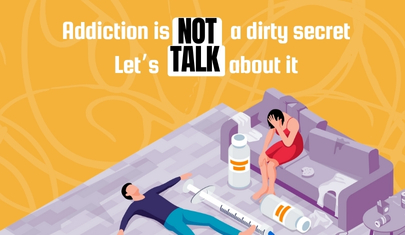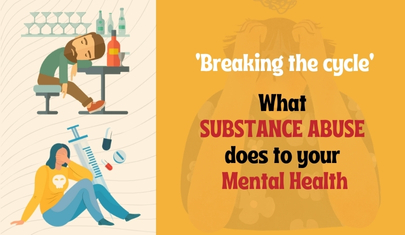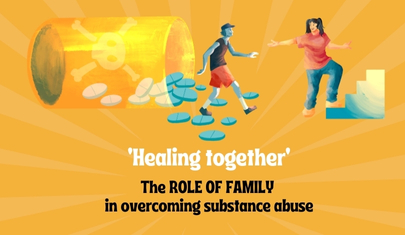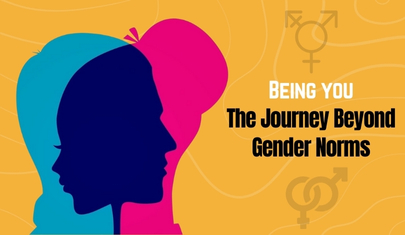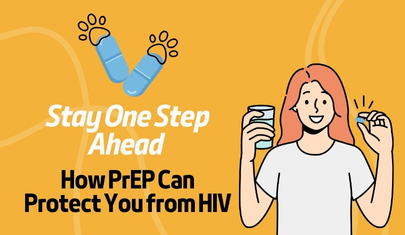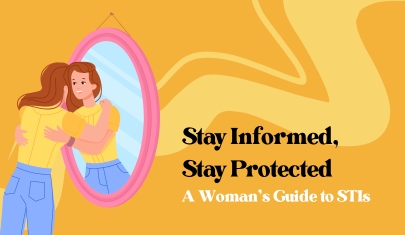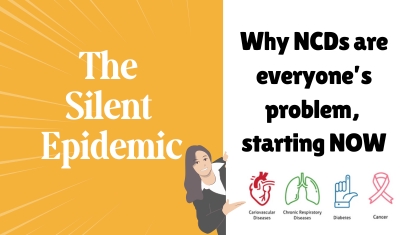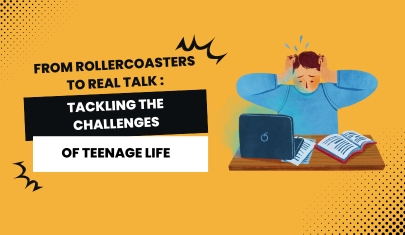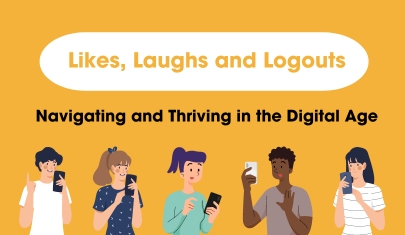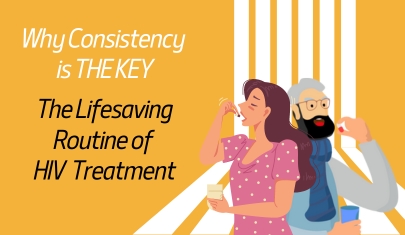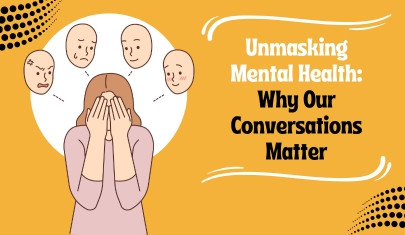General
Oops!!! No Protection? Here’s What You Should Do Now...
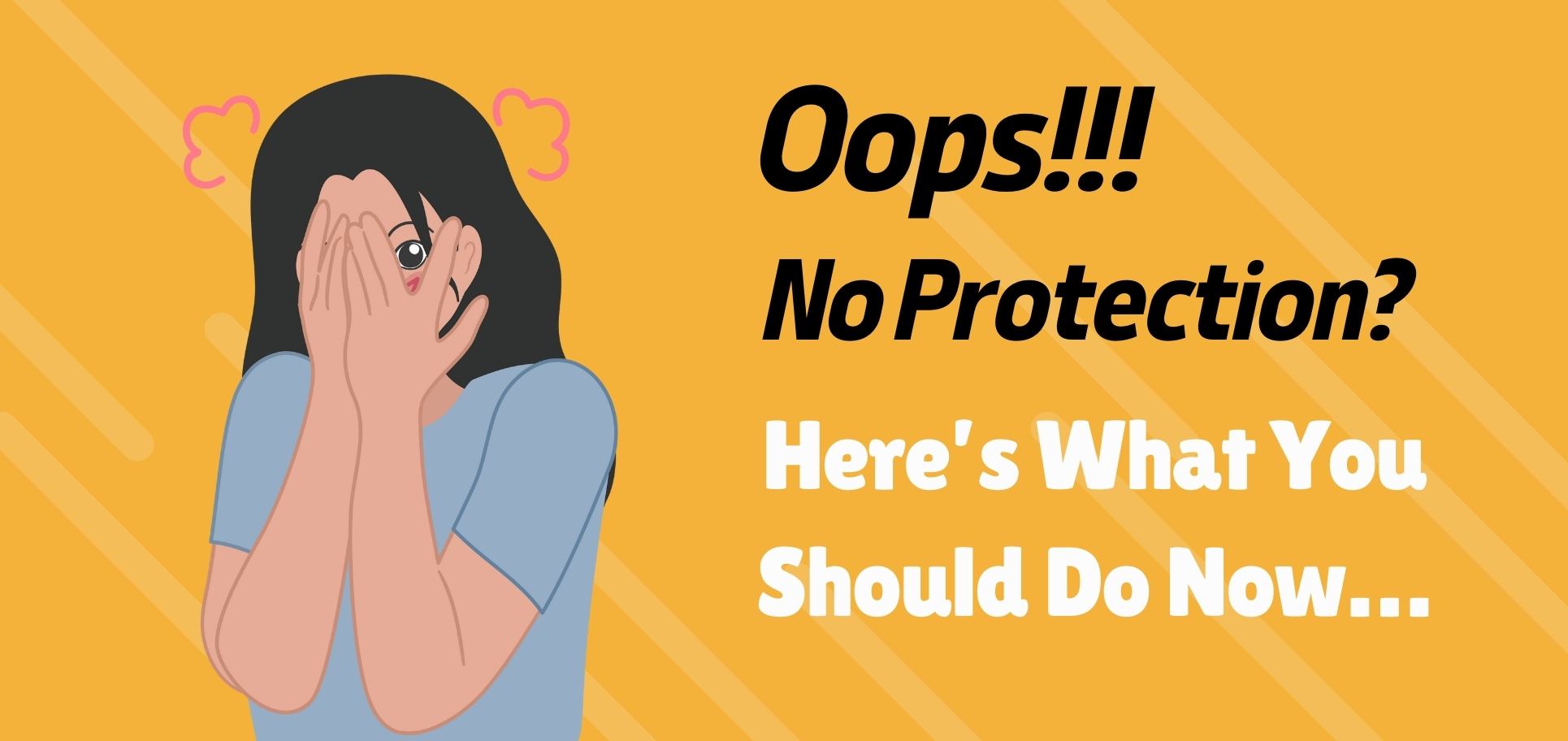
Guess I should start by saying, I didn’t plan for it to happen this way—who does? At 20, I'm navigating life like everyone else, and one night, things just… unfolded. It was spontaneous and thrilling, but not the safest choice. Now, I’m left to process it all.
That night was exciting, but I didn’t use protection. There was no conversation about condoms—just pure impulse in the heat of the moment. Now, in the stark light of day, I’m grappling with my thoughts and a rising sense of panic.
I know I’m not alone in this. We’re all young, exploring relationships and intimacy, and sometimes the lines blur. Suddenly, we realize we’ve taken risks without even meaning to. It’s not just about the possibility of pregnancy—it’s also about STIs and the very real threat of HIV.
So, what do you do when this happens? How do you move forward without drowning in regret?
The Morning After: Taking a Breath and Facing Reality
The first thing I had to do after that night was take a breath. It’s easy to spiral into worry—Am I at risk? Will this haunt me? Those thoughts can overwhelm you, but stressing doesn’t help.
I took a step back and decided to regain control. If you’ve had unprotected sex like I did, remember: it’s not the end of the world. Acknowledge the risks, but don’t let panic take over. The most responsible action is to act.
For me, emergency contraception was the priority. If pregnancy is a possibility, this should be your first thought. In India, the morning-after pill is available over the counter at most pharmacies, effective if taken within 72 hours—but the sooner, the better.
And what about other risks, like STIs and HIV? That’s where knowledge becomes power. Understanding your options is crucial to navigating the aftermath responsibly.
Getting Tested: The First Step Toward Clarity
After that night, one of the first things I did was search for information online. It was scary, yes, but also empowering. I realized that getting tested wasn’t just about finding out if something went wrong; it was about taking control of my health.
Here’s the truth about HIV and other STIs: they often don’t show immediate symptoms. You can’t know for sure without testing, and I wasn’t willing to sit in uncertainty any longer.
In India, there are plenty of options for testing. Government hospitals, health centers, and private clinics offer confidential testing for HIV and STIs. Organizations like YRGCARE provide anonymous testing, focused on support rather than judgment.
If you’re concerned after unprotected sex, there’s something called PEP (Post-Exposure Prophylaxis). This 28-day course of antiretroviral medication can prevent HIV if taken within 72 hours of potential exposure. The key? You must act fast.
When I discovered PEP, I felt a wave of relief. If there’s even a slight chance of exposure, PEP can be a lifesaver. It’s available in India through government hospitals and certain clinics. If I had known about it sooner, I would have rushed to get it—no hesitation. Taking that first step toward testing and treatment made all the difference.
Talking About Safe Sex: Why We Need to Have This Conversation
Through all of this, I’ve come to realize just how vital communication is. If you’re sexually active, discussions about safe sex are essential. I know, talking about condoms isn’t exactly glamorous, but it’s crucial.
I used to think that condoms would kill the mood or that skipping them just once was no big deal. But here’s the reality: safe sex isn’t just about you; it’s about your partner, too. Using protection shows respect for both your body and theirs.
Negotiating safe sex doesn’t have to be awkward. It can be as simple as saying, “Hey, do you have a condom?” or “Let’s grab one before we continue.” Most people will appreciate your consideration. And if they don’t? That’s a major red flag.
We need to normalize conversations about safe sex—not just in relationships, but with our friends. Growing up, I barely discussed condoms, PrEP, or HIV testing. If your peer group isn’t talking about these topics, it can feel isolating, but trust me, you’re not overthinking it.
We should be open about safe sex, educating each other and ensuring no one feels embarrassed to ask questions. By fostering a culture of safe sex, we can protect ourselves and the people we care about. Let’s start the conversation—it’s time to take our health into our own hands.
Emotions and Protection: Why It’s Hard to Say No Sometimes
Let’s be real—emotions can heavily influence our decisions about protection. In the heat of the moment, feelings of trust, love, or even pressure from a partner can cloud our judgment. You might feel uncertain about your partner’s sexual health, or they might be pushing for unprotected sex. In those moments, it’s tough to stand your ground.
But skipping protection can have lasting consequences. If things go wrong, your partner may not be there to support you, leaving you to navigate the aftermath alone. This isn’t about judgment; it’s about recognizing a real risk. When the consequences hit, it’s you who has to manage the fallout.
Making informed, responsible decisions about protection is crucial for taking control of your health, regardless of the emotions involved. Prioritize your well-being and remember: it’s okay to put your health first. Trust your instincts, communicate openly, and don’t let emotions steer you away from safety.
What If It Happens Again? Learning from the Experience
I know this won’t be the last time I face decisions about safe sex. We all make mistakes—I'm only human. But now, I feel more prepared to handle it.
I’ve learned it’s okay to reflect on my choices without assigning blame. This experience didn’t make me “irresponsible” or “careless”; it’s simply part of my journey of learning and growth.
If it happens again, I’ll have condoms ready and make sure to discuss protection with my partner upfront. Should unprotected sex occur, I’ll know to get tested, explore PEP options, and take the necessary steps to stay safe.
This isn’t about guilt; it’s about moving forward, being smarter, and looking out for myself and others. Each challenge we face makes us a little stronger and a little wiser—and that’s what truly matters.
Sharing Knowledge: Being There for Each Other
One of the most powerful things we can do as young people is to share our knowledge. I’ve started having open conversations with my friends about safe sex—no lectures, just honest discussions.
We chat about where to find condoms, how to get tested, and why knowing your status is crucial. I’ve even introduced the topic of PrEP, a daily pill that can prevent HIV, which is available in India. If you’re at risk or have multiple partners, it’s definitely worth considering.
The more we share, the easier it gets. Imagine a world where discussing sexual health is as normal as talking about a routine check-up. That shift could change everything.
Moving Forward: It’s Not a Mistake, It’s a Lesson
If you’ve ever had unprotected sex or felt uncertain about your next steps, you’re not alone. We’ve all faced those moments. It’s a part of growing up, learning, and becoming more aware of how to care for ourselves and others.
What happened wasn’t a mistake; it was a wake-up call. Now, I know how to navigate safe sex, what to do if I find myself in a similar situation, and the importance of communicating openly with my partners.
At the end of the day, prevention is always better than cure. The best way to protect yourself is to stay informed, stay prepared, and never hesitate to talk about safe sex. We owe it to ourselves to be proactive, not reactive.
And remember, if you’re ever in doubt or need support, YRGCARE is here for you. They’ll walk with you, provide the resources you need, and help you make informed decisions. You don’t have to navigate this alone.
With warmth & support - YRG Communications Team
#HIVAwareness #SexualHealth #EmpowerYourself #SafeSex #STIProtection #EmergencyContraception #Condoms #HealthyRelationships #SexEducation #GetTested #PrEP #PostExposureProphylaxis #YouthHealth #InformedChoices #SexualWellness #OpenConversations #HealthMatters #NavigatingIntimacy #KnowledgeIsPower #SexualResponsibility




